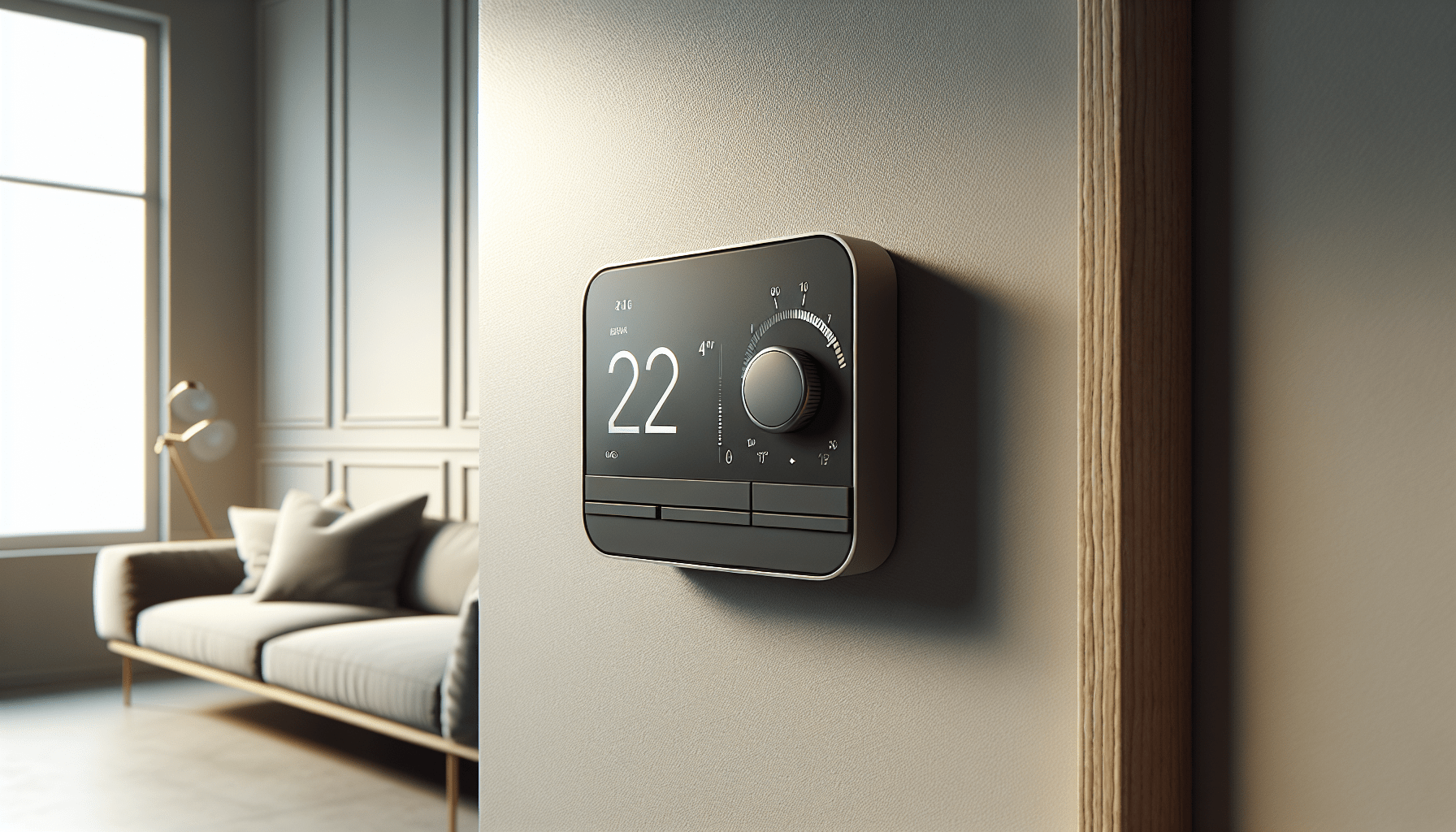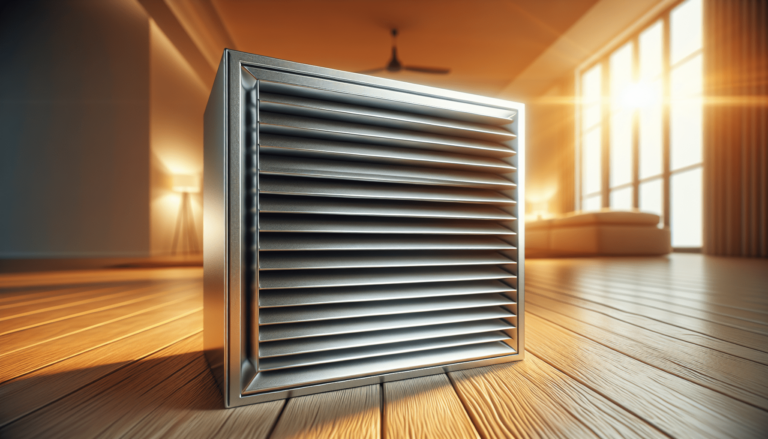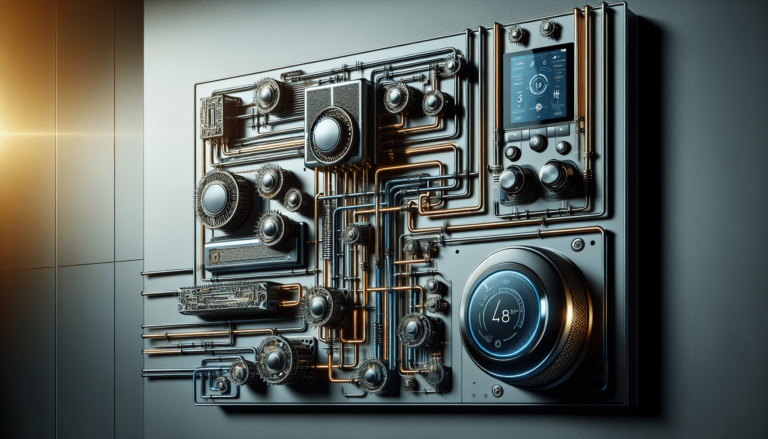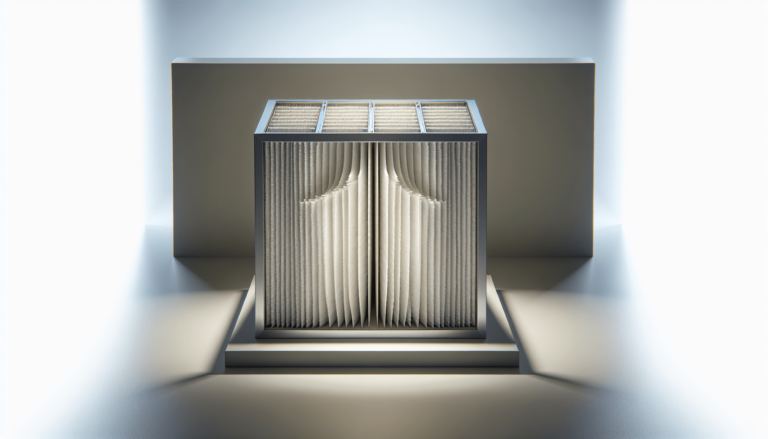

HVAC Services
Get Professional Repairs From The Area's Trusted HVAC Technicians. Ask About Our Services! We Offer Professional Heating & Cooling System Repairs And Guarantee Long-Lasting Results.
Got Question? Call us: (850) 678-2665Financing
HVAC Tips For Newly Built Homes
Discover essential HVAC tips for your new home. From choosing the right system to maintenance tricks, ensure year-round comfort and efficiency with ease.

Is there anything quite like settling into a brand-new home? Fresh paint, impeccable finishes, and the delightful hum of the air conditioner as it whirls into action. But wait, is your system up to par? Your heating, ventilation, and air conditioning (HVAC) system can make or break the comfort of your new dwelling. This article will walk you through crucial HVAC tips specifically for newly built homes. Think of it as a stowaway guide, slipping into your back pocket as you journey through the world of climate control. Let’s ensure your new abode is as comfortable as possible.

Understanding HVAC in New Homes
Before diving into tips, let’s get the basics right. Your newly built home most likely comes with a modern HVAC system. These systems are designed to provide superior air quality and energy efficiency, but only if you know how to handle them properly.
What is an HVAC System?
HVAC stands for Heating, Ventilation, and Air Conditioning. It’s a comprehensive system that regulates the indoor climate of your home, ensuring that you stay warm in the winter and cool in the summer. An HVAC system can include components like a furnace, air conditioner, heat pump, and ductwork.
Why New Homes Need Special Attention
New homes often feature tighter construction for improved energy efficiency. This design reduces heat loss but can sometimes lead to poor indoor air quality if not addressed correctly. With fresh construction, you may also encounter a period of adjustment as the home “settles.” Each of these factors underscores the importance of getting your HVAC system right from the get-go.
Selecting the Right HVAC System
Choosing the right system is foundational to securing a comfortable home environment. But what does that entail?
Consider the Size of Your Home
Size matters—a lot. Look for a system that is perfectly sized for your living space. Systems that are too small will struggle to maintain comfortable temperatures, whereas oversized systems could result in increased energy costs and wear. This isn’t a one-size-fits-all situation. Consider consulting with a professional to determine the right fit.
Efficiency Ratings: SEER and AFUE
Look for high efficiency when selecting your HVAC system. The Seasonal Energy Efficiency Ratio (SEER) is crucial for air conditioners, while the Annual Fuel Utilization Efficiency (AFUE) applies to furnaces. These ratings help you gauge the energy consumption of your system. A higher SEER or AFUE rating means less energy use and lower utility bills.
Essential Tips for Your New HVAC System
Now that you have the technical knowledge, you’ll want practical tips to maximize your system’s potential.
Regular Maintenance is Key
Schedule regular maintenance to ensure your system runs efficiently. Seasonal inspections can catch minor issues before they become costly problems. Pay attention to filters, coils, and other components as they require periodic cleaning or replacement.
Thermostat Settings Matter
Program your thermostat wisely to save energy and reduce your utility bills. Lower the temperature when you’re asleep or away from home in the winter and raise it during the summer. Smart thermostats take the guesswork out by learning your habits over time.
Proper Ventilation is Crucial
Ventilation plays a critical role in indoor air quality. A well-ventilated home reduces allergens and prevents moisture buildup. Use exhaust fans in kitchens and bathrooms and consider a whole-house ventilation system if your new home is tightly sealed.
Enhancing Energy Efficiency
Energy efficiency translates to lower bills and a greener home. You’d be wise to make it a priority.
Seal and Insulate Your Home
Begin by sealing any leaks around doors and windows, and add insulation in attics and crawlspaces. This will support your HVAC system in maintaining a consistent indoor temperature without excessive effort.
Use Energy-Efficient Fixtures
Consider energy-efficient light bulbs and appliances. They contribute to overall efficiency, lessening the burden on your HVAC system. It’s a win-win for your wallet and the planet.

Troubleshooting Common Problems
Even well-installed systems can encounter issues. Here’s how to address common hiccups.
Uneven Heating and Cooling
If you notice drastic temperature differences from one room to another, your ductwork might need balancing. Ensure that vents are open and unblocked, promoting even air circulation throughout your home.
Strange Noises or Smells
Odd noises or strange smells are signs you shouldn’t ignore. Buzzing, banging, or a musty odor can indicate numerous issues, from debris in the ducts to a failing component. Consult an HVAC professional if such symptoms arise.
When to Contact a Professional
Sometimes you need an expert. Knowing when to call can save you time and frustration.
Annual Inspections and Tune-ups
Make annual inspections a non-negotiable item on your to-do list. Qualified technicians can tune systems, identify parts approaching failure, and ensure that everything is running smoothly.
System Replacement Needs
If you find your HVAC system constantly breaking down or if your energy bills are abnormally high, it might be time for a system replacement. Investing in a new HVAC system can pay for itself over time with increased energy efficiency and fewer repair costs.
Conclusion: A Comfortable Home Awaits
With these tips at your fingertips, your new home should be a haven of comfort and efficiency. Your HVAC system is a cornerstone of your living space, and just a little attention can go a long way in ensuring your home is the cozy retreat you deserve. Remember, proper care today means fewer headaches tomorrow.
For further guidance on any HVAC needs, consider reaching out to industry experts like Tempacure Heating and Air Conditioning. They’re well-equipped to offer advice, so your new house truly feels like home.







